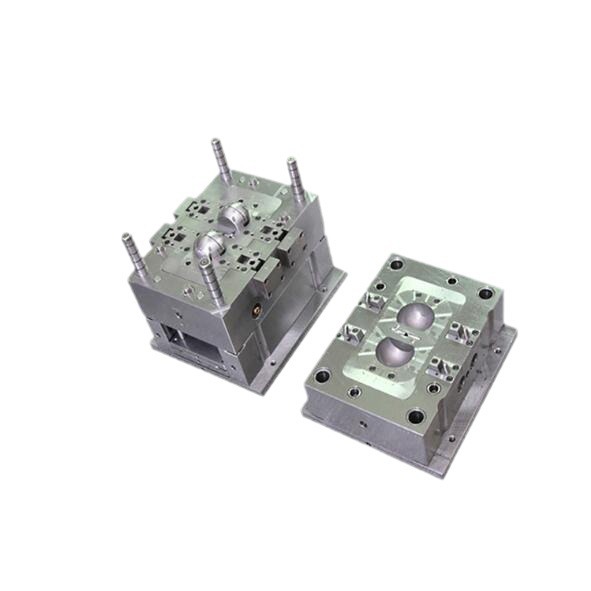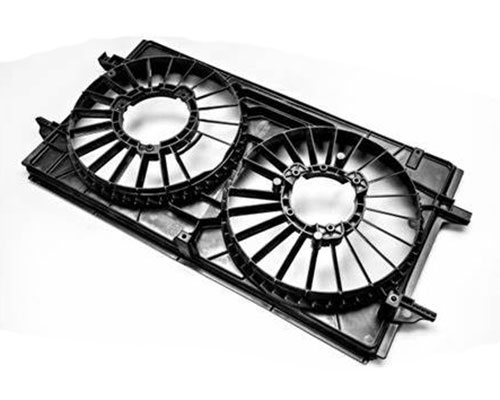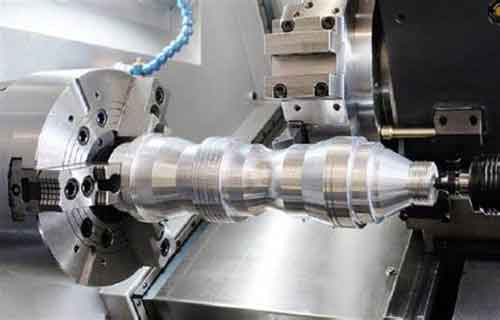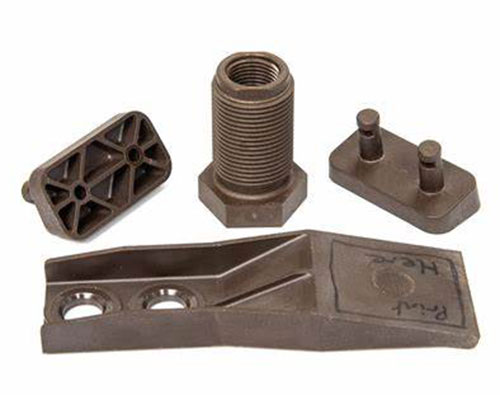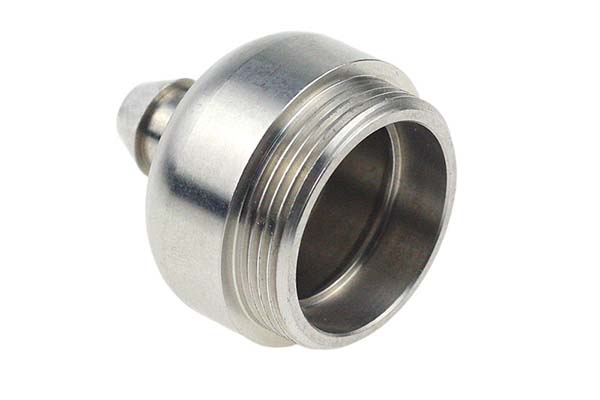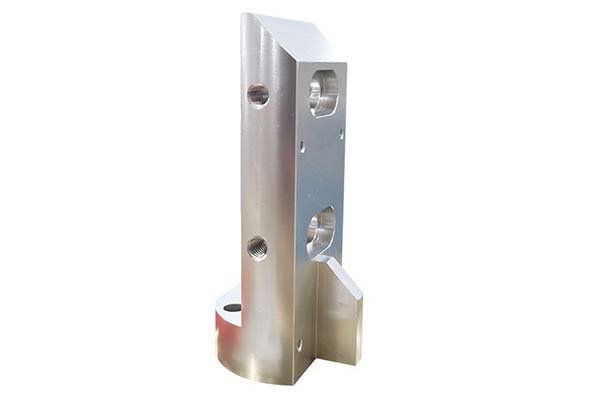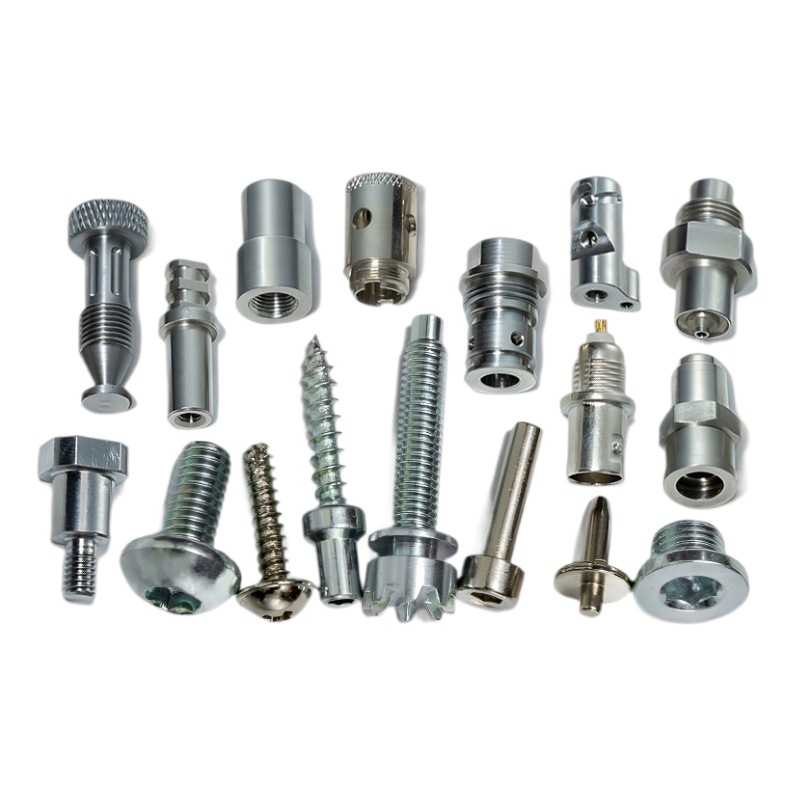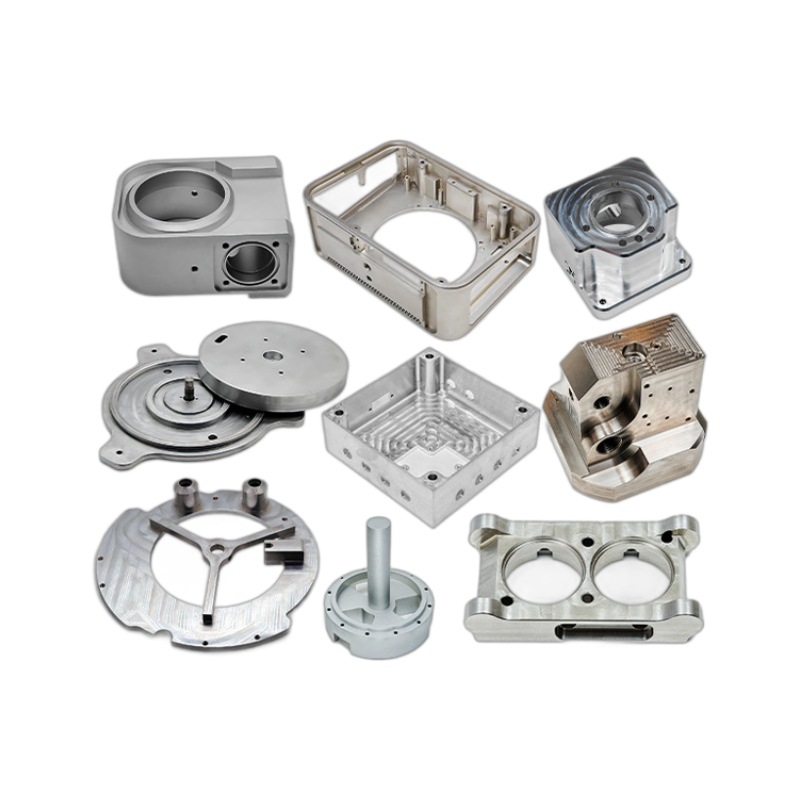Introduction to CNC Machining Services
CNC (Computer Numerical Control) machining has revolutionized modern manufacturing, offering precision, efficiency, and versatility. CNC machining services are crucial for producing complex parts with high accuracy, making them an essential tool in industries such as automotive, aerospace, medical, and electronics. With the growing demand for high-quality, cost-effective components, understanding the key benefits and considerations of choosing a CNC machining service is essential for any business looking to optimize its production processes.
In this article, we explore the advantages of CNC machining, the key considerations when selecting a service provider, and highlight real-world case studies that demonstrate its impact.
Definition and Process
CNC machining refers to the process of using computerized controls to operate machine tools, such as mills, lathes, and routers, to create precise parts based on a programmed design. This technology automates the movements of cutting tools, allowing for high precision and repeatability in manufacturing. Unlike traditional manual machining, CNC machining eliminates much of the human error, producing consistent and accurate parts on each run.
The process typically involves the following steps:
- Design: A 3D model of the part is created using CAD (Computer-Aided Design) software.
- Programming: The design is converted into a set of instructions using CAM (Computer-Aided Manufacturing) software.
- Machining: The CNC machine reads the program and performs the necessary operations, such as cutting, drilling, or shaping, to create the part.
- Inspection: After machining, the part is inspected for quality and accuracy.
Types of CNC Machines
CNC machining encompasses several types of machines, each suited for different manufacturing needs:
- Milling Machines: These machines use rotating cutters to remove material from the workpiece. They are ideal for creating slots, grooves, holes, and complex surface geometries.
- Lathes: In a lathe, the workpiece is rotated while a stationary tool removes material. Lathes are commonly used to create cylindrical parts, such as shafts, bolts, and pulleys.
- Routers: These machines use a spindle-mounted router bit to cut materials, often used for wood, plastic, and other soft materials. They can also produce intricate designs on flat surfaces.
- EDM (Electrical Discharge Machining): This process uses electrical sparks to erode material from a workpiece, making it ideal for machining hard metals and precise, intricate shapes that traditional methods cannot handle.
Benefits of CNC Machining
Precision and Accuracy
One of the key advantages of CNC machining is its ability to produce parts with exceptional precision and accuracy. CNC machines are controlled by computer programs that follow exact instructions, resulting in high repeatability and consistency. This ensures that even the most complex geometries are manufactured to precise specifications, reducing errors that could arise from manual operations.
Cost-Efficiency
While the upfront cost of CNC machining services can be higher than traditional methods, the long-term savings are significant. CNC machines can work continuously without the need for breaks or downtime, which translates to faster production times and reduced labor costs. Additionally, CNC machining minimizes material waste by using optimized tool paths and reducing the need for rework due to its high precision.
Speed and Flexibility
CNC machining offers exceptional speed and flexibility. Once the program is set, the machine can switch between different operations with minimal setup time, making it ideal for both rapid prototyping and large-scale production runs. The ability to quickly produce prototypes for testing allows businesses to bring products to market faster, providing a competitive edge.
Complex Geometries and Customization
CNC machining is particularly valuable for producing complex geometries and customized parts. Whether it's intricate shapes, tight tolerances, or specialized materials, CNC machining allows manufacturers to produce highly tailored parts that may be challenging or impossible to achieve with traditional methods. This is especially beneficial for industries that require high-performance, custom-designed components, such as aerospace and medical device manufacturing.
Consistency Across Runs
Another benefit of CNC machining is its repeatability. Once the design is programmed and the machine is calibrated, it can produce an identical part every time. This is crucial for industries that require large batches of identical parts, ensuring consistency and reducing variability between production runs.
Considerations When Choosing a CNC Machining Service
Machine Quality and Capabilities
The quality of the CNC machines used by the service provider is a critical factor in determining the outcome of your project. Choose a CNC machining service that utilizes state-of-the-art equipment capable of handling your specific requirements, whether you need high precision, fast turnaround times, or the ability to work with difficult materials.
It's important to ask about the capabilities of the machines in terms of material compatibility, tolerance, and speed. High-quality machines not only improve precision but also reduce tool wear, leading to longer machine life and more efficient production.
Operator Skill and Experience
While CNC machines are automated, the skill and experience of the operators still play a vital role. Experienced operators can optimize the machine's performance, troubleshoot issues efficiently, and ensure that parts meet the required specifications. When choosing a CNC service provider, look for companies that have skilled technicians with proven experience in your specific industry.
Material Compatibility
Different CNC machines are compatible with various materials, so it’s essential to choose a provider that can work with the materials you need. Whether you're working with metals (aluminum, titanium, steel), plastics, or composites, confirm that the service provider has experience machining your specific material. Some CNC services may specialize in certain materials or industries, so aligning the material needs with the provider’s capabilities is key.
Budget and Cost Analysis
Cost is always an important consideration when choosing a CNC machining service. While the initial setup and programming costs may be higher than traditional methods, the total cost of ownership can be lower in the long run due to the speed and efficiency of CNC machining. Consider the entire cost structure, including machine setup, material costs, finishing services, and any additional charges for expedited services or custom modifications.
Lead Times and Delivery
Lead times can vary depending on the complexity of the project and the availability of the service provider’s equipment. Simple parts may be completed within a few days, while more intricate projects might take several weeks. It's crucial to discuss timelines upfront with your provider to ensure that the service meets your delivery expectations.
Case Studies and Success Stories
Aerospace Industry
In the aerospace industry, a company required precision-engineered components for an aircraft engine. By switching to CNC machining, they reduced production time by 30% and cut material waste by 20%. The increased precision and repeatability also led to fewer defects, ultimately improving the overall quality and performance of the engine components.
Medical Device Manufacturing
A medical device manufacturer needed custom parts for a new surgical instrument. CNC machining allowed the company to produce highly intricate designs at a cost-effective rate, reducing time-to-market. The precision of CNC machining ensured that the parts met the stringent regulatory standards required in the medical industry, giving the company a competitive edge.
Industry Applications
CNC machining is used across a wide range of industries due to its versatility and precision. Some of the most notable applications include:
- Automotive: For manufacturing engine components, gears, transmissions, and other critical parts.
- Aerospace: For producing lightweight, high-strength components such as turbine blades, airframes, and structural parts.
- Medical: For creating customized implants, surgical instruments, and diagnostic tools that require high precision.
- Electronics: For machining connectors, housings, and circuit board components.
- Consumer Goods: For producing durable, intricate products such as sporting equipment, home appliances, and toys.
Customer Testimonials
"Switching to CNC machining has revolutionized our production process. The precision and speed have significantly improved our output quality and efficiency."
— John Doe, Engineering Manager at Tech Innovations Inc.
"The ability to quickly prototype and customize parts has given us a competitive advantage in the market. We couldn't be happier with the results."
— Jane Smith, Product Development Lead at FutureTech Co.
Frequently Asked Questions (FAQs)
Service Scope
Q: What types of services does a CNC machining provider offer?
A: CNC machining providers typically offer a range of services including milling, turning, EDM, and custom part fabrication. They may also provide additional services such as design assistance, material selection, and post-processing treatments like anodizing, painting, or heat treating.
Lead Times
Q: How long does it take to receive parts from a CNC machining service?
A: Lead times can vary based on the complexity of the project. Simple parts may be completed in a few days, while more intricate parts may take several weeks. It's best to discuss your timeline with the provider upfront to set realistic expectations.
Customization Options
Q: Can I request custom modifications for my parts?
A: Yes, CNC machining offers significant flexibility for custom modifications. Whether you need specific material properties, dimensions, or designs, CNC machining allows for high levels of customization. Communicate your requirements clearly with the provider to ensure the final product meets your specifications.
Conclusion
Choosing a CNC machining service offers numerous benefits, including precision, efficiency, cost-effectiveness, and the ability to handle complex parts. However, it's important to carefully consider factors such as machine quality, operator experience, material compatibility, and lead times to ensure that the service provider aligns with your project’s needs. By making an informed decision, you can leverage CNC machining to enhance your manufacturing process, improve product quality, and gain a competitive edge in the marketplace.
